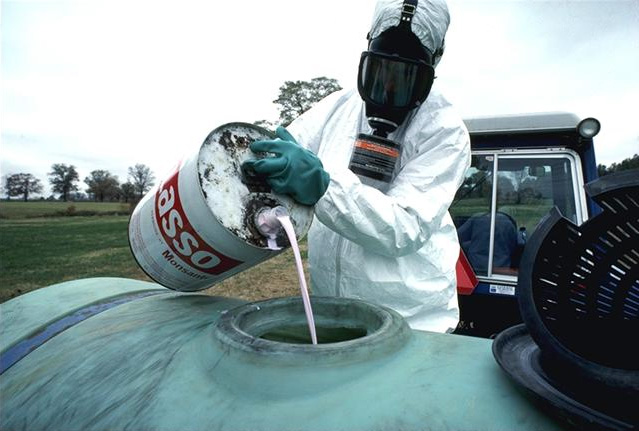
A group of leading French health experts and patient associations has issued a strong warning against the reintroduction of the pesticide acetamiprid, saying it poses serious risks not only to
the environment but also to human health.
In an open letter published Tuesday in Le Monde, the signatories urged the French government to halt legislation that would bring back the pesticide, banned in France since 2018 due to its harmful effects on pollinators. They warned that acetamiprid could threaten children, pregnant women, and adults, citing links between pesticide exposure and serious health problems such as cancers, neurodegenerative diseases, and hormonal disorders.
The law, adopted on July 8 without full parliamentary debate, aims to support French farmers struggling with crop diseases. But the move has ignited public outcry. A student-led petition against the measure has rapidly gained traction, gathering over 2 million signatures and earning support from academics, lawmakers, and prominent chefs.
Growing public and scientific opposition
The experts—including Agnès Linglart, president of the French Paediatric Society, Olivier Coutard, head of the CNRS scientific council, and Gérard Socié, president of the National Cancer Institute’s scientific council—called on France’s Constitutional Council to overturn the law. The council is expected to deliver its ruling on August 7.
They criticized lawmakers for ignoring warnings from doctors, toxicologists, and epidemiologists, pointing out that Senate committees consulted agricultural unions and government agencies but failed to engage public health specialists.
“Our responsibility is to protect future generations from legislation that, without a shadow of doubt, endangers the health of children, young people, and the unborn,” the letter stated.
Farmers defend the move
Farmers, particularly sugar beet growers, have pushed hard for the reintroduction of acetamiprid. France is the European Union’s largest sugar beet producer and home to major companies such as Tereos and Cristal Union. Farmers argue that the pesticide, which remains legal in other EU countries, is critical in combating yellows disease—a crop blight that reduced yields by 30% in 2020.
In May, farmers staged protests in Paris against amendments that could limit their use of the pesticide, saying they needed it to remain competitive with their European counterparts.
What happens next?
President Emmanuel Macron, under mounting pressure, has said he will await the Constitutional Council’s decision before taking further action. Health experts and patient groups, meanwhile, are calling on the council to heed the will of the millions of citizens who have signed the petition and reject the law.
“French democracy must rise to the occasion,” the letter concluded, “and safeguard the health of its people and its environment.” Photo by Wikimedia commons.








































